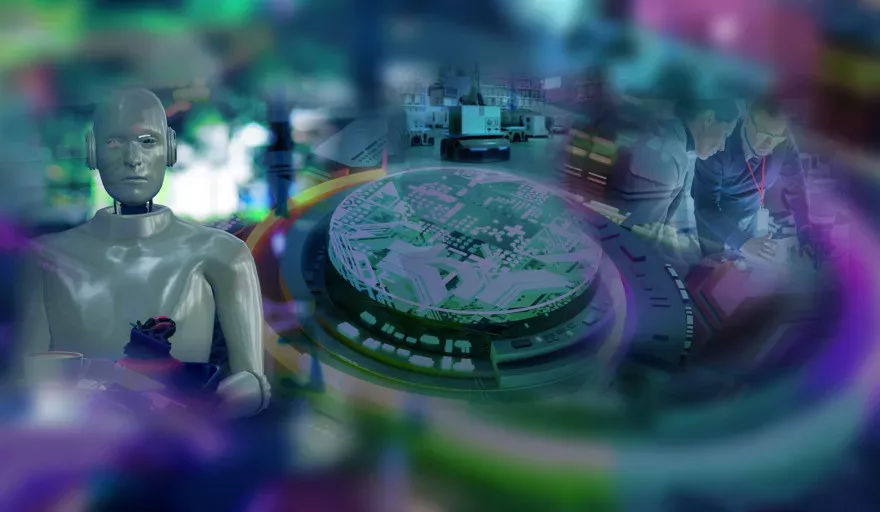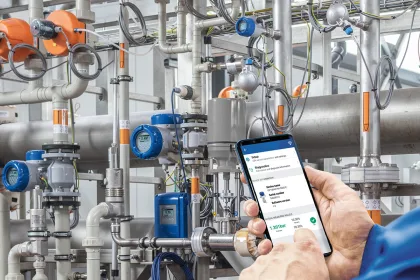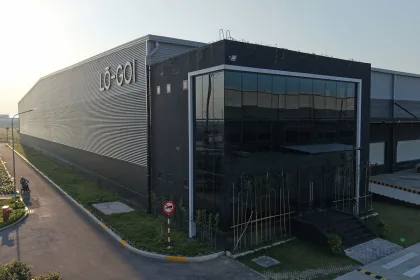Paul Boyle, CEO at Retail Insight examines the need for effective integration and strategic investment in the realm of artificial intelligence (AI).
INTRODUCTION
Many leaders now recognise that artificial intelligence (AI) can add significant value to a business’ operations. Implementing AI can save time and cost through process automation to improve operational efficiencies and productivity. As the adoption of AI accelerates across multiple industries, it is evident we are heading into a fourth industrial revolution with AI at the forefront – and there is no sign of this slowing down.
However, despite the momentum, businesses – no matter what industry they operate in – need to appreciate that AI only unlocks its full value if it is invested in appropriately and integrated effectively.
THE BUSINESS CHALLENGES FOR AI
There is no universal use case for the best application of AI, the differences are just too complex to compare across industry. For example, manufacturing industries have the most success automating processes on the production line. Meanwhile, in the agricultural industry, AI’s most practical function operates by analysing data to optimise crop yields.
There is little value in trying to be ‘future first’ for the sake of it. Being seen to shift significant capital towards a solution without having a realistic and pragmatic vision for the technology nor an appreciation for how it will work is to be avoided. To date, AI has not proven itself to be a solution capable of answering a huge breadth of operational challenges. Its application is much more discreet.
A PARTNERSHIP BETWEEN AI AND HUMAN CREATIVITY
One of the core challenges for a business when integrating AI into their organisation is how the implementation behaves with and within the organisation. We have established it has the capacity to replace some aspects of the workforce – such as production line tasks in manufacturing – but it would be short-sighted to say it will supersede all human jobs, despite the science-fiction predictions.
In some businesses, AI is leveraged most effectively when it unlocks the workforce from repetitive tasks to dedicate more focus on complex or value-add activity. Moreover, many industries are finding that AI has its limitations in that it cannot match the expertise and tactical knowledge provided by human experience and critical thinking. Thus, in order to be a driving force between efficiency and execution, it is imperative that a business establishes a consistent balance between the two. The combination can be hugely powerful.
EFFECTIVE PRACTICES IN THE RETAIL SECTOR
Understanding this balance is key in adopting the technology correctly. At Retail Insight, we work with many retail businesses that have benefited from adopting AI within the retail sector. This has been most effective within warehousing and fulfilment where machines can work 24/7 without the need for breaks, replacing the need for humans in this capacity.
However, AI technology has been equally beneficial on the shop floor, albeit deployed differently. In the store, it can be used to augment store staff experience and skill – being implemented to analyse and capture items at risk of going out of stock or being wasted. The AI directs the store staff to the issue.
AI can also help to empower store staff and allow them to further champion the in-store experience – freeing them up to serve and sell. Store staff today are tech-savvy and will benefit from being more ‘connected’ through digital touchpoints that are driven by AI. This can include real-time updates on stock, events or store activity. AI can be used to eliminate the cost of mundane and repetitive tasks impacting the bottom line but can also be used by store staff to understand all the supply and demand signals, from footfall to weather, to improve the overall customer experience which will grow satisfaction, loyalty and, ultimately, drive sales.
CONCLUSION
The biggest misconception surrounding AI is that it will replace the role of the human. In reality, this is highly unlikely.
Whilst it is an effective way to automate discreet, repetitive tasks, AI struggles to compare to the breadth, judgement, and creativity of the human mind. However, the augmentation of humans with AI could be an increasingly powerful application – being used to intelligently serve data and insight to speed-up human decision making and action. Business leaders should look carefully at this combined force as they seek to deploy investment that enables transformation and significant ROI.




































